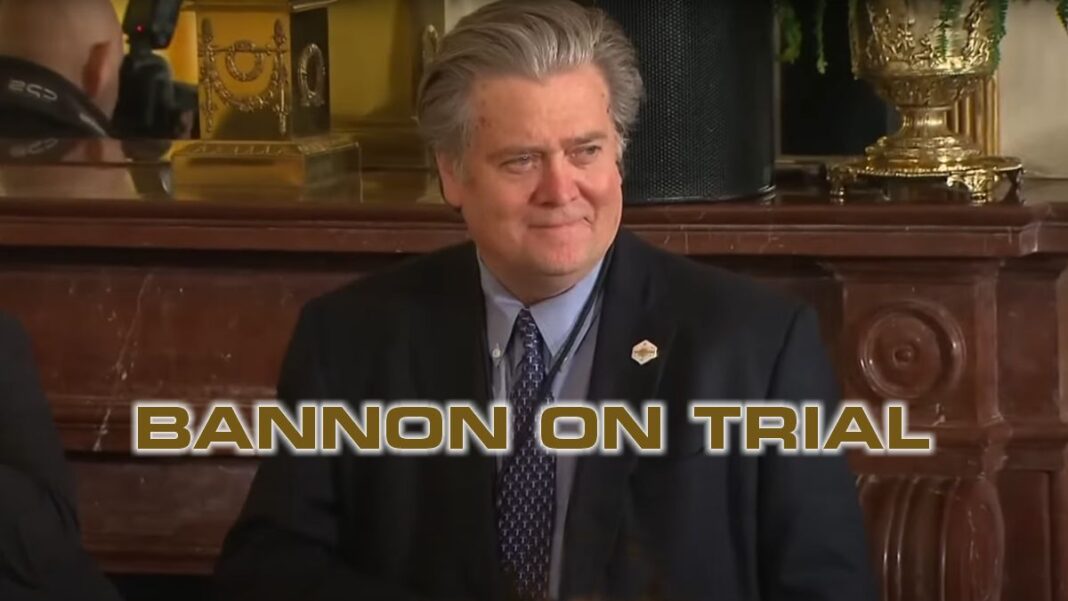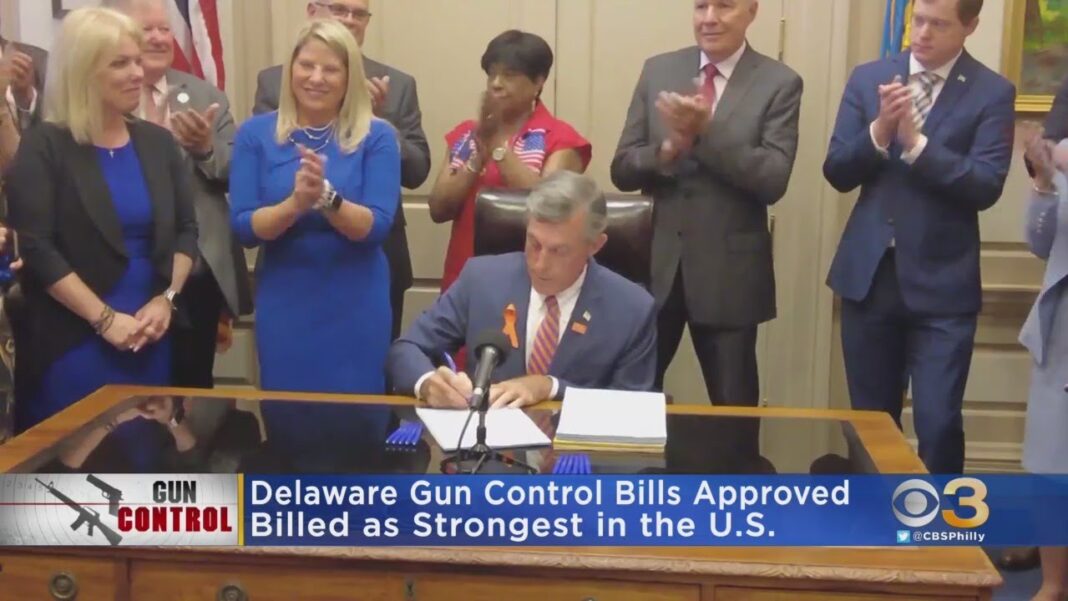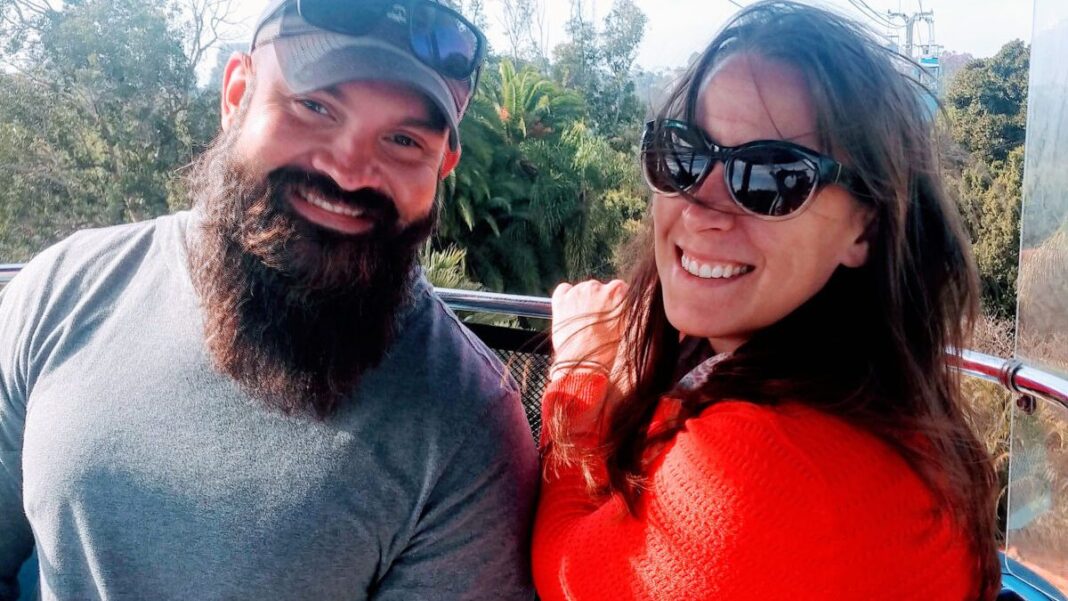Steve Bannon’s five-day trial ended on July 22 with a federal jury finding the “War Room” podcaster and former adviser to President Donald Trump guilty of two misdemeanor counts of contempt of Congress.
The jury unanimously agreed that Bannon failed to comply with a Sept. 23, 2021, subpoena to provide documents and to testify before the House Jan. 6 Committee last fall.
The jury had little choice, Bannon acknowledged after the verdict was rendered and before leaving the E. Barrett Prettyman U.S. District Courthouse in Washington on pre-sentencing probation.
During a July 11 pretrial hearing, Trump-appointed U.S. District Judge Carl Nichols said he would strictly adhere to a 61-year-old precedent that precludes “advice from counsel” as a defense in contempt-of-Congress charges.
“What’s the point of going to trial here, if there is no defense?” exasperated Bannon attorney David Schoen asked Nichols a week before the trial began.
“Exactly,” the judge responded.
Defense attorneys wanted to argue that Bannon was following then-attorney Robert Costello’s advice in claiming his client was prohibited from complying with the subpoena because his interactions with Trump were shielded by executive privilege.
That argument proved to be wrong, as ensuring court rulings determined, but Bannon—and Costello—maintained he wouldn’t comply last fall until those then-pending cases were resolved.
Defense attorneys wanted to argue that Bannon shouldn’t be punished for “listening to his lawyer,” who held a legal opinion that was later rejected in court. But they couldn’t say that, not in front of the jury, anyway.
With that restriction on Bannon’s defense, the outcome appeared predestined. Most expected the trial to be over within three days; a swift proceeding planted with tripwires for a certain appeal.
Many believed jury selection would consume more time than testimony. Prosecutors had only two witnesses. The defense didn’t have a defense; its subpoena to call House Jan. 6 Committee Chair Rep. Bennie Thompson (D-Miss.) to the stand was quashed by Nichols.
And when it became apparent that Bannon wouldn’t testify in the case, many were deflated—there would be no elephant at this circus.
In the end, the trial unfolded exactly as expected—with guilty verdicts on both counts. It also, however, went longer and featured unanticipated twists and ploys, inducing sustained objections and extensive sidebar discussions, all setting what appears to be a well-built stage for the promised appeal to the U.S. Court of Appeals for the District of Columbia.
By John Haughey
Read Full Article on TheEpochTimes.com









